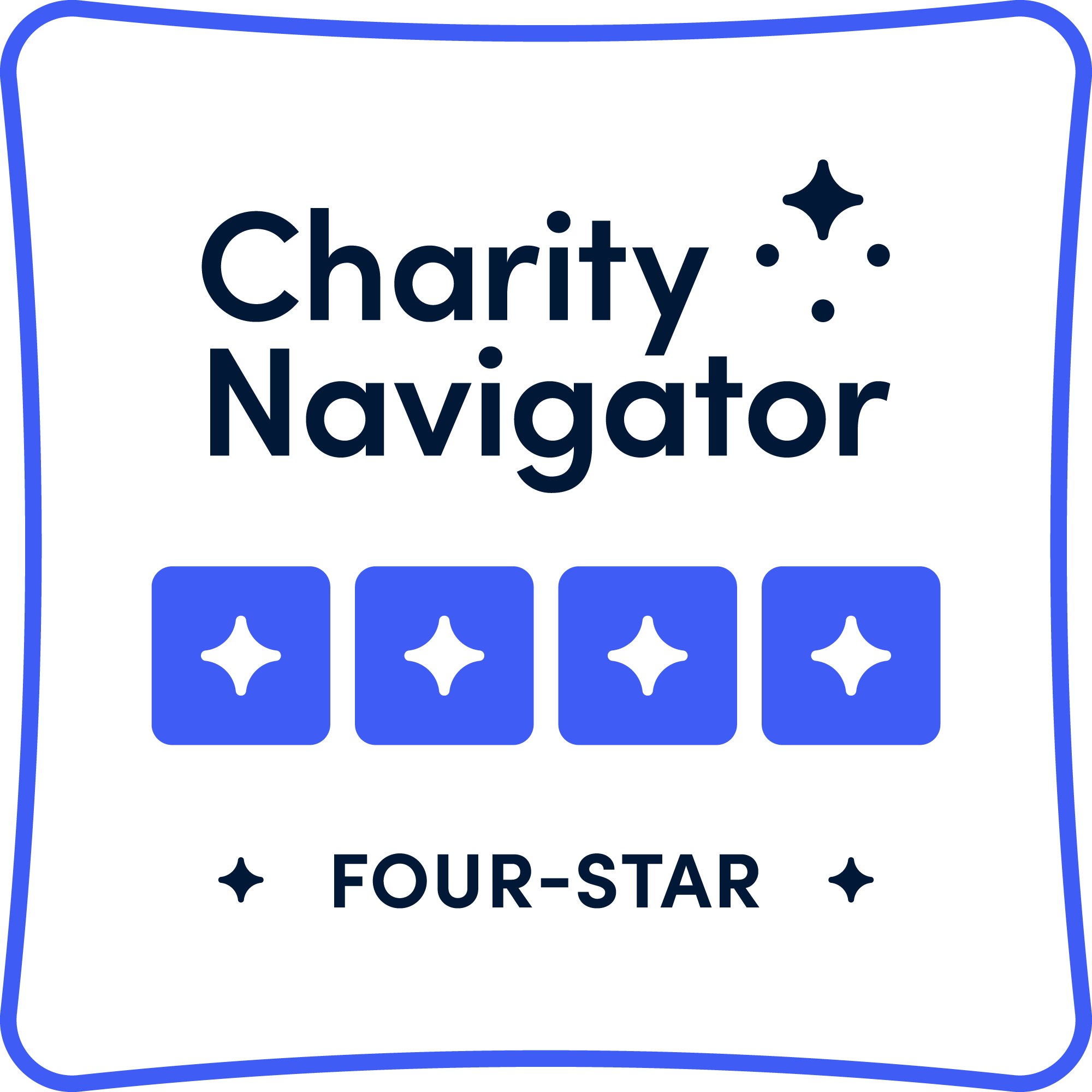“Don’t judge their story by the chapter you walked in on.”
1 in 5 people will be affected by mental illness at some point in their lifetime. That’s over 46 million adults struggling to manage their mental health in the United States alone. People with poor mental health are more susceptible to the main factors that can lead to homelessness: poverty, isolation from family and community, and personal vulnerability. To remove the stigma surrounding both, we’re sharing insights into mental health and homelessness.
Mental health is just as important as physical health. However, in addition to other barriers like insurance and finances, the stigma surrounding mental health may make care and recovery harder to navigate for people experiencing homelessness.
“That’s the stigma, because, unfortunately, we live in a world where if you break your arm, everyone runs over to sign your cast, but if you tell people you’re depressed, everyone runs the other way. That’s the stigma. We are so, so, so accepting of any body part breaking down, other than our brains. And that’s ignorance. That’s pure ignorance. And that ignorance has created a world that doesn’t understand depression, that doesn’t understand mental health. And that’s ironic to me because depression is one of the best-documented problems we have in the world, yet it’s one of the least discussed.” – Kevin Breel, TEDxKids, Confessions of a Depressed Comic
Mental Health is a Medical Issue
For most people, mental health conditions aren’t the consequence of one event. Genetics, environment, and lifestyle may intertwine to determine whether or not a person is susceptible to mental illness. Mental health issues may begin to develop as early as adolescence. Having a robust support system is crucial to successfully manage a person’s mental health. For young people born into poverty or without the emotional support of family and community, their path to wellness lies into destigmatizing mental health and seeing it as it is – a medical issue as necessary to treat as a broken arm or diabetes.
As supportive care and social services have diminished due to lack of funding, people, especially those experiencing homelessness have had a harder time receiving the necessary attention to effectively manage and potentially recover from their mental illness. Emergency rooms have become triage centers for people experiencing severe episodes of mental crises. Often with no supportive family or home to return to, people are released from the hospital with no place to go and no plan for follow up care.
Access to Services
Without ongoing treatment and long-term care programs, most people will struggle to recover from or even to manage their mental illness. Whether it’s anxiety, ADD/ADHD, post-traumatic stress disorder, depression, bipolar or schizophrenia, supportive services are the key to recovery. Many cities, like San Diego, are recognizing this and taking the initial steps to ensure that establishing services are a priority.
Progress can move slowly. Luckily, we have non-profit organizations that recognize the need for mental health support services. By removing the financial barriers (services are available to everyone regardless of ability to pay or insurance status) these groups are helping to provide the support necessary to people in need. Through communication and education work to remove the stigma surrounding mental health as well.
Where to Get the Help You Deserve
- Family Health Centers of San Diego (FHCSD) offers several clinic sites across the county as well as mobile medical units. In addition to mental health services and counseling, FHCSD supports the National Healthcare for the Homeless Council’s mission to eliminate homelessness by ensuring healthcare and supportive housing for all. Contact FHSSD’s Healthcare for Homeless program to access services today by calling (619) 515-2551 or visiting https://www.fhcsd.org/healthcare-for-the-homeless/.
- Father Joe’s Villages has a skilled team of specialists to work with each person on their unique needs. Partnering with behavioral health clinics, counselors, and primary care providers, Father Joe’s offers ongoing and long-term care for people managing their mental health. Contact the Village Health Center by calling (619) 65-6405 or visiting https://my.neighbor.org/get-help/#healthcentergethelp.
- National Suicide Prevention Lifeline provides free and confidential support for anyone in times of distress. The Lifeline also has prevention and crisis resources free to anyone who needs it. Contact the Lifeline by calling (800) 273-8255 or visiting https://suicidepreventionlifeline.org.
- National Alliance on Mental Illness offers support services for those experiencing certain mental health conditions including treatment, support groups, education, help for families, and job placement programs. Contact the Helpline by calling (800) 950-NAMI or visiting https://www.nami.org/Find-Support/NAMI-HelpLine#crisis. If you or a loved one are in a crisis, text “NAMI” to 741741.
- Call 9-1-1 if you believe that you are a danger to yourself or to someone else.
Why We Care about Mental Health
Most people with mental health challenges can get relief and support for recovery through treatment; less than 50% of adults in the U.S. seek the help they need for many different reasons. When proper care is received, positive change is affected – both personally and as a community. A person’s overall health may improve, and they may be in a better position to be stably employed. Some may be better positioned to return to home or to supportive housing.
The Lucky Duck Foundation is proud to partner with organizations that understand the importance of eliminating barriers to recovery. Many of our collaborative partners provide services to everyone regardless of their insurance status, ability to pay, or whether they have stable housing. With your help, LDF can continue to support organizations that provide critical services to San Diegan’s experiencing homelessness. Thank you for showing you care, too, and choosing to share your luck with our homeless neighbors.




